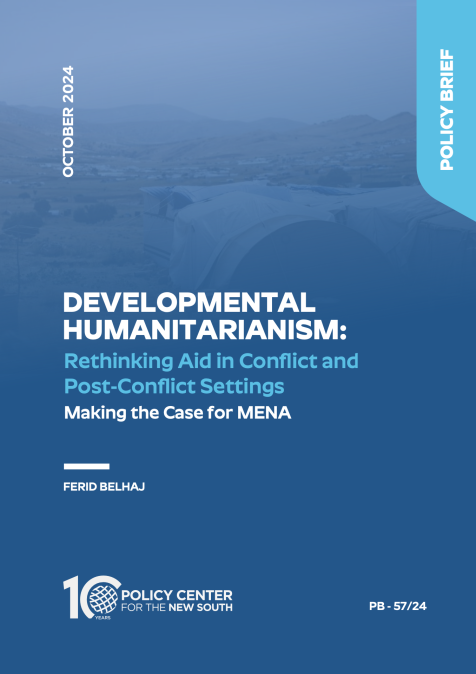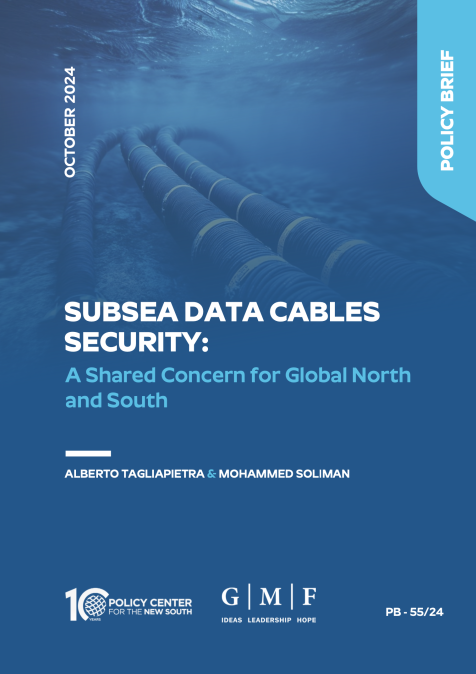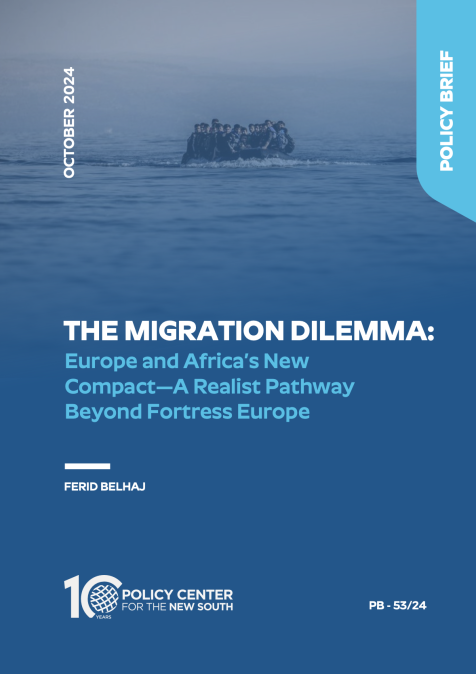Podcasts
Brazil and Africa: Historic Relations and Future Opportunities
14
April
2016
Related topics:
This podcast is performed by Marcus de Freitas. Brazil is in a good position to serve as a bridge to Africa and to reignite more cooperation between both sides of the South Atlantic. Brazil has increased its presence in Africa in recent years in terms of trade, investment, development cooperation, and political alliances with the goal to secure a greater say for the global South in the new world order that has been under construction since the of the Cold War. A global Brazil requires a robust partnership with Africa.










